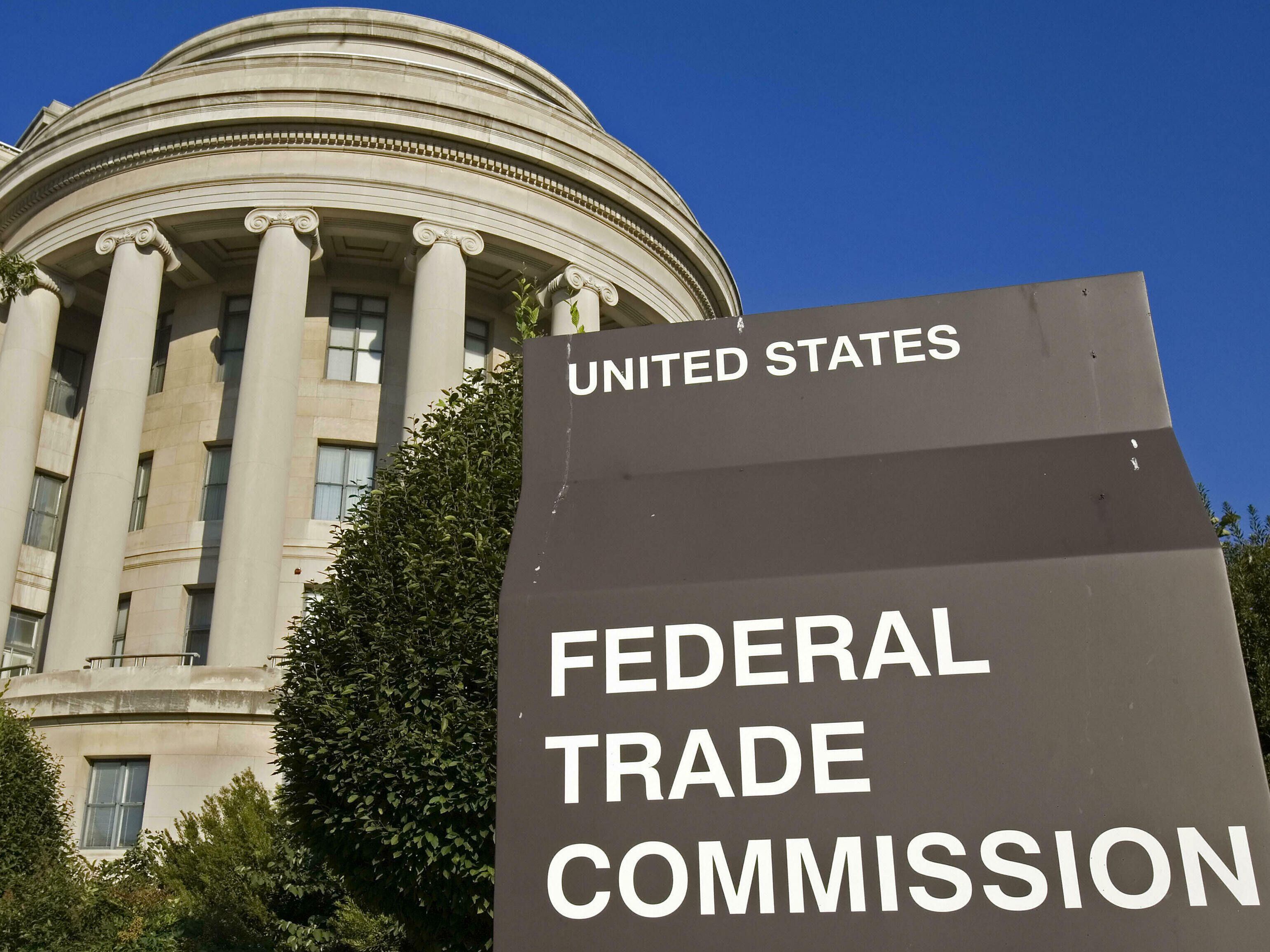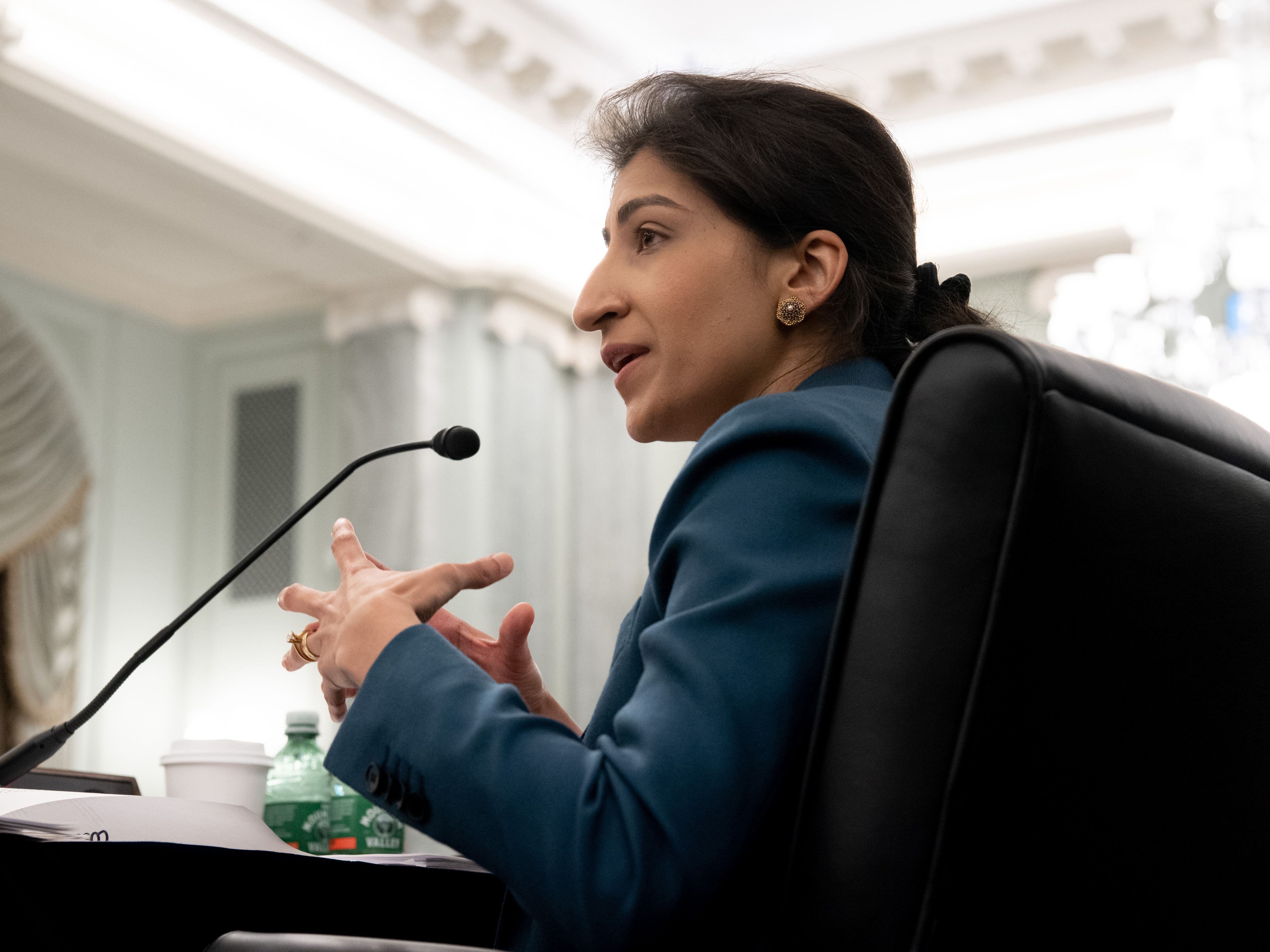

Published on: 04/23/2024
This news was posted by Oregon Today News
Description

After receiving more than 26,000 public comments, the five members of the Federal Trade Commission are set to vote Tuesday on whether to issue a final rule banning noncompetes, declaring them an unfair method of competition.
In a statement last week, the FTC said the final rule under consideration "would generally prevent most employers from using noncompete clauses." It's not yet clear how the final rule differs from the version first proposed in January 2023.
A noncompete agreement typically blocks a worker from going to work for a competitor or starting up a competing business of their own. The FTC estimates about 30 million people, or one in five American workers, from minimum wage earners to CEOs, are bound by noncompetes.
The Biden administration has argued that these agreements harm workers by lowering wages and hurt the U.S. economy by stifling entrepreneurship.
"The freedom to change jobs is core to economic liberty and to a competitive, thriving economy," said FTC Chair Lina M. Khan in a statement when the proposed rule was first introduced. "Noncompetes block workers from freely switching jobs, depriving them of higher wages and better working conditions, and depriving businesses of a talent pool that they need to build and expand."

Businesses contend that noncompetes are critical for protecting their investments and proprietary information and question whether the FTC even has the authority to regulate such agreements.
Even after today's vote, the future of these agreements will be far from clear. Should the FTC vote to issue a final rule, it would not be enforced for 180 days, and legal challenges are expected.
FTC says noncompetes harm low-wage and high-wage earners
Tuesday's vote comes 15 months after the FTC first issued its proposed rule, banning employers from entering into noncompete agreements with their employees and requiring existing agreements to be rescinded.
In a fact sheet, the agency cited several real-world examples, drawn from media reports, of workers who were harmed by such clauses.
One case involved a single father working as a security guard who was forced to resign his overnight job that paid $11 an hour after he lost access to nighttime child care. He landed a similar job with daytime hours that paid $15 an hour, but his old employer challenged his employment based on a noncompete he had signed, and he was fired.
Another case involved a vice president at Amazon who left the company to join a tech startup. Amazon sued to try to block him from taking the new job, citing a noncompete agreement. After negative media coverage, Amazon dropped the suit, and the startup thrived.
Cases elsewhere abound — in the pharmaceutical industry, janitorial services, even zen yoga studios.
The cases highlight the power differential that noncompetes can create, with lower-wage earners often more vulnerable than those in leadership positions. By allowing more workers to leave jobs for better-paying ones, the FTC estimates a rule banning noncompetes would increase the earnings of the American workforce by as much as $296 billion per year.
The business community says noncompetes are vital for protecting investments
The U.S. Chamber of Commerce, which ardently opposes the ban, says noncompetes benefit both employers and employees. Companies are more likely to spend resources training and developing their workforce if they have some reassurance that their workers won't take their knowledge to a competitor, the U.S. Chamber explained in written comments to the FTC.
Contrary to the FTC's view, the U.S. Chamber also argues that noncompetes encourage innovation, by ensuring more robust protection of trade secrets. Without noncompetes, companies may be less willing to pour large amounts of time and money into research and development, the group warned.
The FTC's proposed rule did include a notable exception for noncompete agreements between sellers and buyers of businesses, meant to protect the value of the businesses being acquired. The two sides could still enter a noncompete agreement provided the seller had at least a 25% ownership interest in the business being sold.
But the business community says this exception is far from enough. It has asked the FTC to consider other proposals, including an income threshold, so that companies could still enter noncompete agreements with highly-paid employees while protecting those at the lower end of the pay scale.
Copyright 2024 NPR. To see more, visit https://www.npr.org.
News Source : https://www.opb.org/article/2024/04/23/after-26000-public-comments-ftc-to-vote-on-rule-banning-noncompete-agreements/
Other Related News
05/03/2024
CADETS WHERE ARE THEY NOW Our cadets go on to pursue many different career paths We were ...
05/03/2024
Former Oregon Gov Kate Brown cant be held liable for the states response to the COVID-19 p...
05/03/2024
Former Oregon State football coach Mike Riley is expected to join the College Football Pla...
05/03/2024
US Rep Andrea Salinas a Democrat and the first-term incumbent in Oregons 6th Congressional...
05/03/2024











